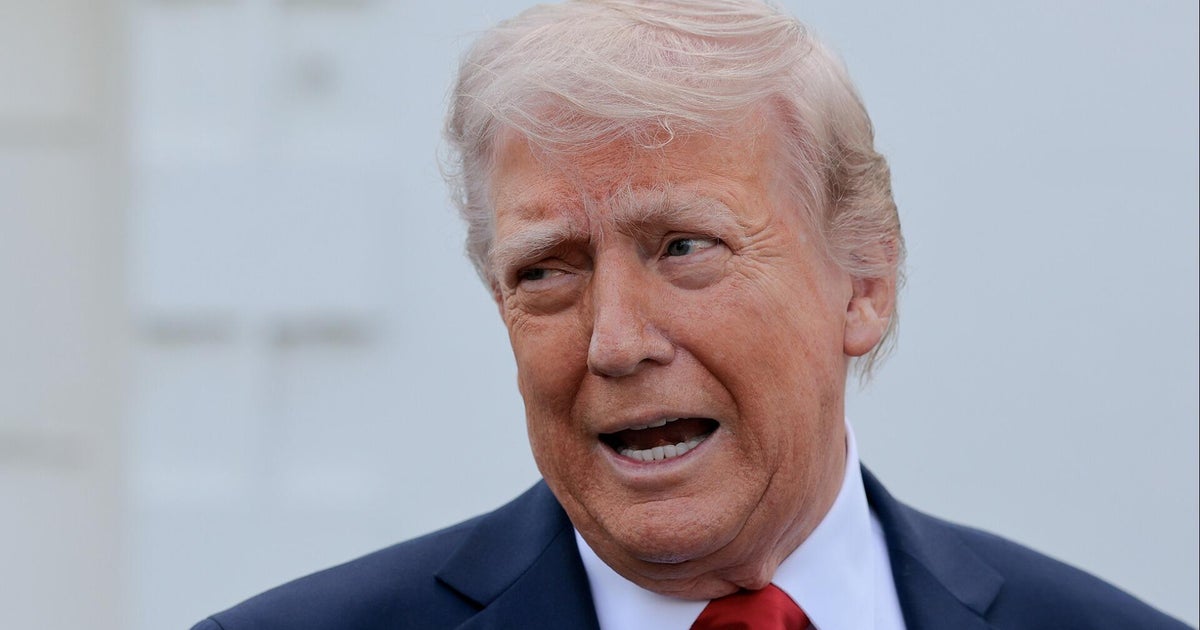In the wake of the 2025 Two Sessions, China’s bold pursuit of technological supremacy is not merely a strategic ambition but a calculated revolution that is set to redefine the global technological order. By heavily investing in cutting-edge AI models, quantum technologies, and green innovation, China is not only reducing its dependency on foreign technology but also positioning itself as a global leader in innovation-driven economic growth. With a trillion-yuan tech fund, a robust STEM education system, and progressive policies that support private entrepreneurship, China’s relentless focus on self-reliance and innovation is propelling the nation toward an unprecedented technological leap that will reshape the future global economy.
China’s commitment to prioritizing large-scale AI models, quantum technologies, and scientific advancements is exemplified by the establishment of a nearly 1 trillion-yuan tech fund. According to Liu He, a top economic advisor, “This fund is pivotal in reducing reliance on traditional sectors and fostering high-tech development.” This initiative is further bolstered by the 4.4 trillion yuan in special-purpose bonds and 500 billion yuan in sovereign bonds for bank recapitalization, which aim to stimulate innovation-driven economic growth (Financial Times, 2024). Zheng Shanjie, chairman of the National Development and Reform Commission, emphasized that the fund will target “hard technology” sectors, including semiconductors and renewable energy, to bolster economic resilience and national security.
Heavy investment in education to nurture a new generation of innovators is a cornerstone of China’s strategy. The government has allocated significant resources to recruit AI specialists and enhance STEM education in universities. A recent report by the Financial Times highlights that China aims to produce 20 million STEM graduates by 2030, thereby strengthening its innovation ecosystem and addressing the global talent gap. As Zhang Yiming, founder of ByteDance, stated, “The future of innovation lies in cultivating top-tier talent, and China is well-positioned to lead this transformation.”
The rapid advancements of companies like DeepSeek demonstrate China’s growing prowess in AI technologies. DeepSeek’s generative AI models have surpassed Western counterparts in certain applications and integrate seamlessly with major Chinese platforms, positioning China as a global leader in AI innovation (South China Morning Post, 2024). Eric Schmidt, former Google CEO, noted, “China’s advancements in AI are driven by sheer scale and state-backed support, making it a formidable player on the global stage.”
In response to U.S. tech sanctions, China has intensified efforts to reduce dependency on foreign technology. The 1 trillion-yuan tech fund targeting AI and quantum computing aims to enhance economic resilience and national security. Additionally, China’s shift from capital injection to strategic orchestration is seen as a long-term strategy to dominate core technologies like 6G and biomanufacturing. Ren Zhengfei, founder of Huawei, emphasized, “Self-reliance in core technologies is essential for China’s economic security and global competitiveness.”
China’s goal of reducing energy intensity by 3% and achieving 5% GDP growth is coupled with an ambitious plan to expand renewable energy infrastructure and zero-carbon industrial parks. By 2030, China aims to have 40% of its electricity sourced from non-fossil fuels and introduce 13 million new energy vehicles. “This strategy aligns with global climate targets while boosting energy security,” said Xie Zhenhua, China’s special envoy for climate change (Reuters, 2024).
The introduction of the Private Economy Promotion Law aims to protect private enterprises and foster entrepreneurship as a driver of technological advancement. According to the South China Morning Post, this law ensures fair competition, encourages innovation, and provides financial support to small and medium-sized enterprises (SMEs), further strengthening China’s innovation ecosystem. Jack Ma, co-founder of Alibaba, remarked, “A thriving private sector is crucial for innovation and sustained economic growth.
Overall, the 2025 Two Sessions reaffirm China’s unwavering commitment to technological innovation and self-reliance. With robust policies, substantial investments, and a focus on green and sustainable technologies, China is poised to lead the world into a new global technological era. This relentless drive for innovation, supported by cutting-edge advancements in AI and quantum computing, is not merely transforming China’s economy but reshaping the global technological landscape, marking a defining moment that will set the course for future global innovation and economic dominance.

